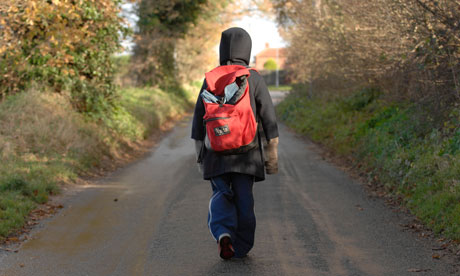Boarding schools has been an age old concept, ever
since the Aryan Age in the form of Gurukula system, where the Guru and his
shishya’s would reside in the same boundary. Residential schools are the new
generation Gurukula’s catering to developmental needs of the Gen-X kids. Gone
are those days, when parents would scare their children of sending them to
residential school, for bad behavior, or poor academic performance. These days,
kids are happy being sent away to these schools, as they are aware of the
exposure they would receive there as compared to the normal day schools.
Boarding
schools in India were earlier run by the missionary
associations and had strict rules and codes of conduct to be followed. Students
were made to live a life devoid of fun, entertainment and good food. But the
trends have changed and these days the boarding schools provide value based
education imparted to them in a relatively stress free environment, which enables
the students to discover their inner talents and flourish them to the fullest
potential. Residential schools help to broaden the vision and enlighten the way
to the future of a child by the totality of discipline, which is called
Education.
Residential schools not only look into the academic
well-being or co-curricular advancement of its boarders but also grooming and
other soft-skills that enhance the persona of each and every kid. Each student
who is a part of a boarding school develops an emotional bonding with the
fellow boarders, thus leading to strengthening not only intellectual growth per
say, but also helps them to grow socially. Students learn to become
independent, as they have to cope up with their daily chores of life all by
themselves, which otherwise was done by their mothers at home. Children at
boarding school benefit from small classes and heightened interaction between
students and their teachers.
Residential
schools do have a positive impact on children, however, there have been
instances of negative impacts, where children become rebellious and start
picturing their parents as the villains of their lives. Like everything has a
good and bad attribute to them, similarly, residential schools also have their
strengths and weaknesses. Indian residential schools are coming up with
innovations to keep up with the challenges of this changing and competitive
world, catering to the needs of both parents and their children in building a
better future for tomorrow’s India.

No comments:
Post a Comment